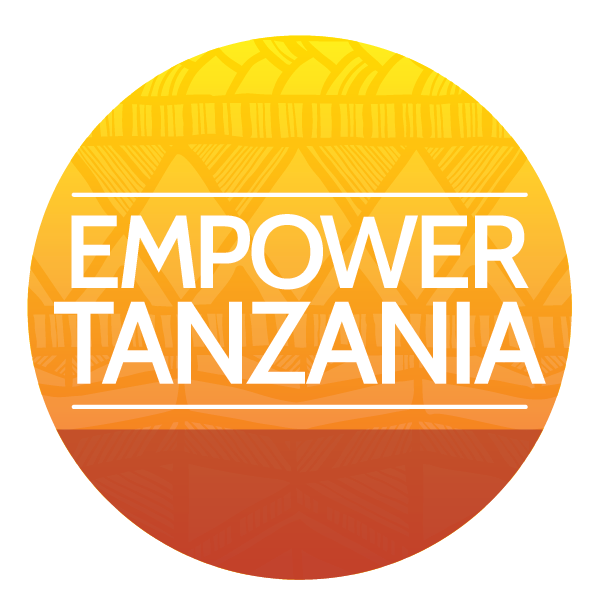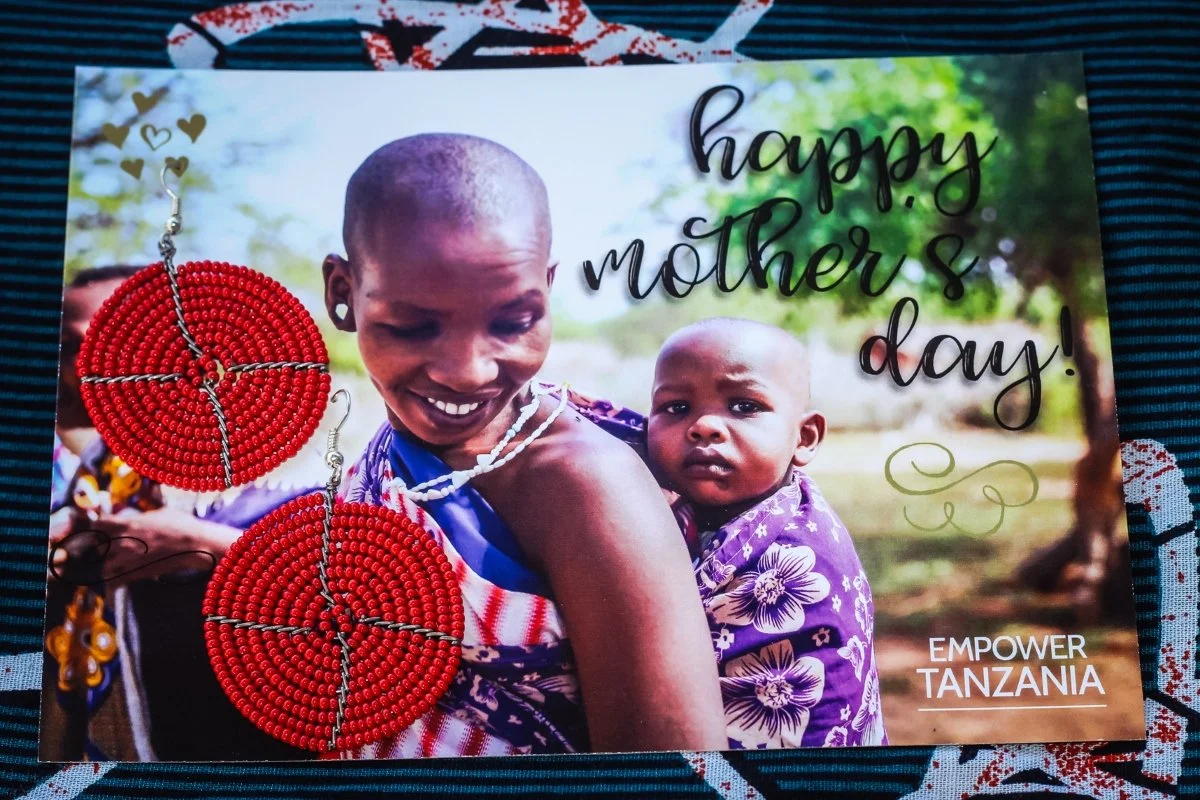How do we empower women?
We’re currently in the midst of a Mother’s Day campaign in which we’re working hard to raise $3,000 for our women’s empowerment programming through the sale of some pretty beautiful jewelry made in Tanzania. Because of our generous business sponsor, Onion Grove Mercantile, we’re offering supporters the chance to donate $30, receive a pair of earrings, and be assured that their money will go toward the women of rural Tanzania.
How do we empower women in rural Tanzania?Empower Tanzania provides the education and equipment that leads to skills, jobs, and dignity for individuals. And guess what we’ve found to be true when we invest in the success and upward mobility of women? The health and livelihood of entire communities improve!
We have measured significant decreases in respiratory illnesses, HIV/AIDS, and intestinal parasites, have increased the access to family planning resources, increased the level of disease prevention knowledge, and helped access to the formal healthcare system because of the training and opportunities we’ve provided for women over the years. It’s remarkable! Here are a few specific examples of how women are empowered through our various programs:
Empower Tanzania has counseled 100 victims of gender-based violence and equipped these women with a small business opportunity that will be a springboard from desperation and basic survival, to a full life of purpose and plenty. The women have been trained to produce liquid soap, batik fabrics, and reusable menstrual pads and are selling these items for a profit using a small business model and basic banking skills.
There is an extreme shortage of doctors in Tanzania. To remedy the lack of healthcare in this sub-Saharan nation, over the last nearly 10 years Empower Tanzania has trained hundreds of Community Health Educators (all women!) to disperse basic (though potentially life-saving) health knowledge to those living in and around their villages. With very basic technology (such as iPads and small projectors), our current CHEs have educated over 700,000 people in basic healthcare techniques such as safe water handling, signs of malaria, basic first-aid, and more.
Dozens of women in ETI’s Integrated Farming program have learned basic farming skills and are now farming as a business, rather than simply as a means to feed their family. The income they produce from their small farms pay for school fees and uniforms for their children, good nutrition for themselves and their family, and even a few luxury items like a necklace or a small bit of home décor! Women in this program thrive economically and are given a sense of purpose and dignity from the hard work they do and are respected for their contribution to their communities.
34 women from remote villages have been trained in burn care, basic first aid, and identifying prenatal complications (and much more). These women serve the people of their villages who live miles upon miles away from a hospital or healthcare center. The maternal and infant mortality rates in these villages have dropped significantly since carefully educating and empowering these bright, capable, and determined women.
(Read our five-part series on the Community-Health Alliance Program on the blog for more information.)

